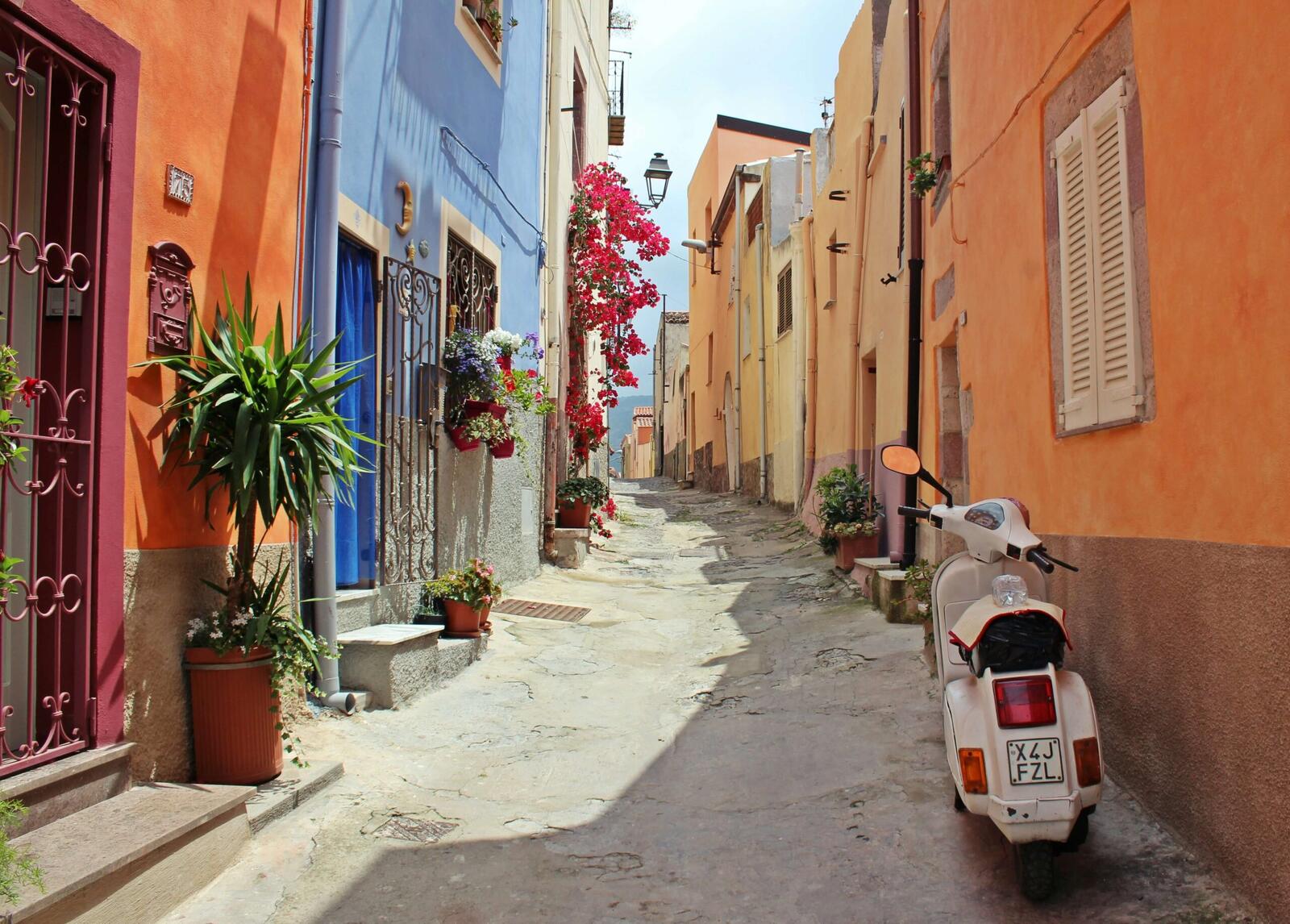Is there anyone who wouldn’t find allure in the prospect of working from home in Italy? Surely such an individual would be difficult to find. But now, thanks to Italy joining the ranks of European Union (EU) countries offering digital nomad visas, this is a genuine possibility.
Instead of merely journeying to this country for a brief stint on the sun-kissed coast or immersing oneself in the rich cultural tapestry of any of its historic cities, Britons embracing the work-from-home trend (the infamous WFH fad) can now extend their stay in Italy for up to a year.
Curious? Of course you are. Let’s dive into the ins and outs of this scheme below.
Can I Work From Home In Italy?
In the wake of the pandemic, an increasing number of individuals are diving into the joys of remote and flexible working. Perhaps one of the most appealing aspects of ditching the traditional 9-5 office grind is that, armed with just a laptop and sturdy Wi-Fi connection, if your job permits it, you can work from just about anywhere.
Well, not anywhere. Certain countries offer specific schemes and permits that legally allow individuals to live and work within their borders. One such avenue is the digital nomad visa, available in various countries worldwide. Once secured, these visas grant the freedom to work remotely from outside one’s country of permanent residence.
Each of these visas comes with its own set of eligibility criteria and regulations, covering aspects such as tax laws, duration of stay, income thresholds, and so on. But before delving into the specifics of Italy’s recently introduced digital nomad visa, it’s worthwhile to explore what life is like in this Mediterranean paradise so that you can work out if life on this visa scheme is the right life for you.
More from Guides
- Who Is Responsible For Managing HR Software?
- 7 Game-Changers Making Life Admin Effortless
- Why Startups Are Choosing VoIP Over Mobile Plans
- Which Countries Have Non-Domicile Regimes?
- Top Alternatives To LastPass
- What Is an Indie Hacker?
- Starting a Business in Azerbaijan
- Top Alternatives To Wise For Payments
A Guide To Moving To Italy
Already known for being a favoured holiday destination, you may well have already experienced the country’s charm. However, transitioning to living and working there is a little different from simply taking a brief trip, and it’s important to understand what to expect from a life of remote work in Italy.
Fortunately, as Italy has long offered various visas allowing foreigners to move to the country, such as the Work Visa or Self-Employed Visa, the country has already established itself as a good hub for conducting remote work. As such, and nomad can expect to find plenty of co-working spaces, cafes with reliable Wi-Fi, and robust infrastructure, especially in its bigger cities.
For digital nomads seeking an ideal setting, major Italian cities like Rome and Florence stand out. Not only do these urban centres offer plenty to do, complete with bustling piazzas, delicious food (and wine, of course), good nightlife, and an abundance of cultural activities, but any nomad can also expect to find more practical benefits. These cities offer plenty of coworking spaces such as WeWork, Spaces and Wire Coworking. Italy also boasts a decent broadband speed, averaging 74 Mbps as per Expatica, particularly in its urban areas.
There are also lots of co-living options available – a particularly good option in places such as Rome where living costs may be higher. Nonetheless, the overall cost of living remains relatively affordable regarding accommodation, food, and general expenses. Compare My Move highlights Italy as 27% less expensive to live in compared to the UK.
English proficiency is widespread, easing navigation and social interactions while acclimating to the local language – something that the numerous linguistic courses available can further facilitate. Italy’s reputation for welcoming foreigners also fosters a supportive environment for forging new connections and friendships, and the burgeoning community of remote workers and expatriates, buoyed by Italy’s visa offerings, ensures ample opportunities for socialising and networking.
Italy’s Digital Nomad Visa
Curious about embracing the lifestyle enabled by Italy’s digital nomad visa? Let’s delve into how to obtain one.
First and foremost, prospective nomads must meet specific eligibility criteria. They must hail from a non-EU country, hold remote employment with a company outside of Italy, possess a clean criminal record, maintain valid health insurance, and demonstrate an income equivalent to £24,000, as outlined by stv.
Additionally, applicants are required to submit a comprehensive CV showcasing their skills and secure accommodation for the duration of their stay.
To kickstart the application process, individuals can apply at their nearest consular office, possibly requiring an appointment booking. Upon payment of the visa fee, applicants receive the green light to journey to Italy.
Once in Italy, nomads must register for a residence permit and with the Italian Tax Authority to ensure the legality of their stay but, overall, the application process remains relatively straightforward.
Before you know it, you could be completing your work remotely while savouring a bowl of pasta paired with a glass of wine under the Italian sun.



